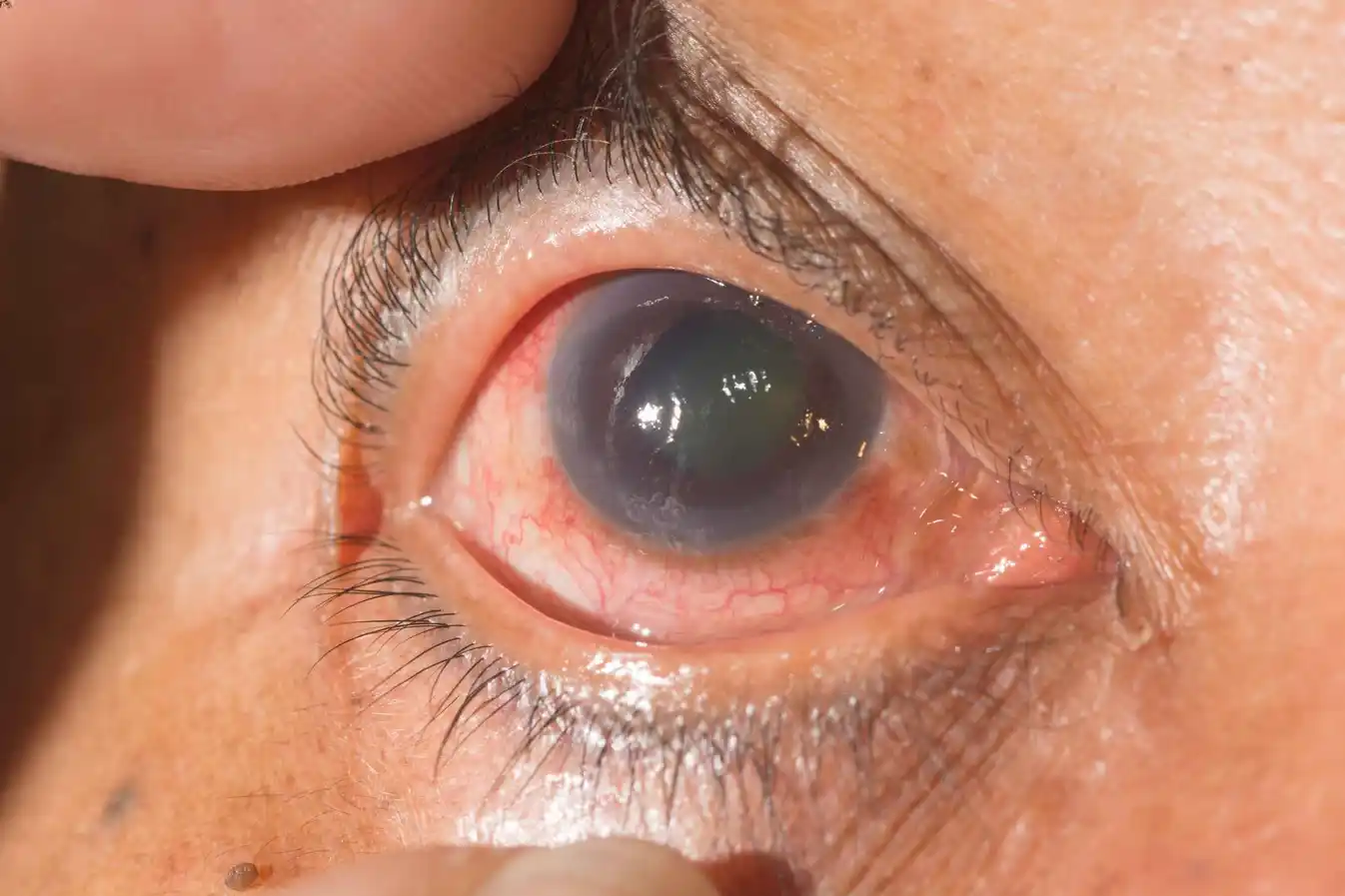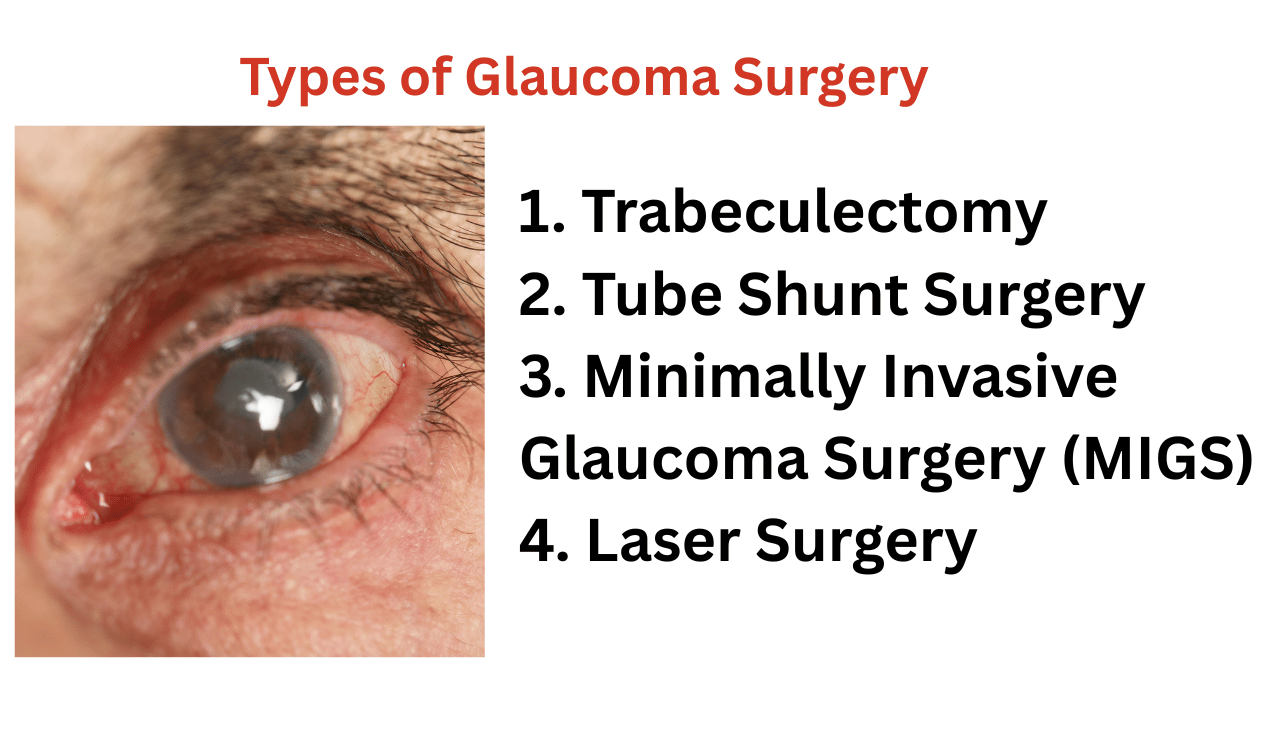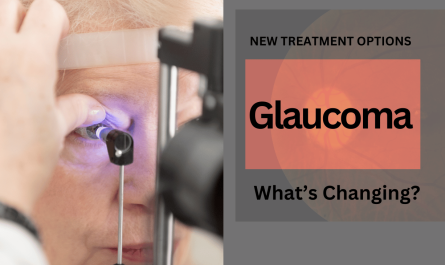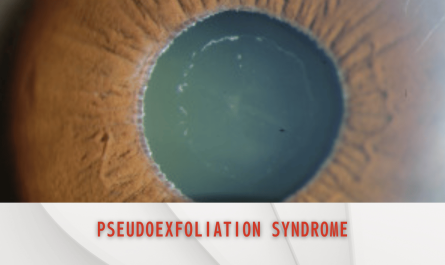Introduction
Glaucoma is one of the leading causes of permanent vision loss worldwide. Often called the “silent thief of sight,” it can damage your vision before you notice any symptoms.
Many patients manage glaucoma with eye drops or medication, but sometimes surgery becomes necessary.
This blog explains when glaucoma surgery may be needed, the signs to look out for, and the benefits of surgical intervention. You’ll also discover how to access trusted care at a reputable eye hospital.
What Is Glaucoma?

Glaucoma is a group of eye diseases that damage the optic nerve, usually due to increased pressure inside the eye.
This pressure, called intraocular pressure (IOP), can build up when the eye’s drainage system becomes blocked or isn’t working properly.
There are several types of glaucoma:
- Primary Open-Angle Glaucoma: The most common type. It progresses slowly and often without symptoms.
- Angle-Closure Glaucoma: Less common but more urgent. It happens when the eye pressure rises suddenly.
- Normal-Tension Glaucoma: Optic nerve damage occurs even with normal eye pressure.
- Secondary Glaucoma: Caused by injury, medication, or other eye conditions.
If untreated, glaucoma can lead to gradual vision loss and blindness.
When Should You Be Concerned?
Most people with glaucoma don’t experience early symptoms. That’s why regular eye exams are so important.
Still, there are warning signs to pay attention to:
- Blurred vision or difficulty focusing
- Eye pain or pressure
- Halos around lights
- Frequent headaches
- Sudden vision loss (in acute cases)
You may also need surgery if:
- Eye drops or medication fail to control eye pressure
- Laser treatments haven’t helped
- You have fast-progressing vision loss
- You develop complications from medications
- Your type of glaucoma is aggressive
Types of Glaucoma Surgery
Glaucoma surgery is aimed at lowering intraocular pressure to prevent further damage. Here are common surgical options:

1. Trabeculectomy
A flap is created in the eye wall to help fluid drain out and reduce pressure.
2. Tube Shunt Surgery
A small tube is inserted to help fluid flow out of the eye more easily.
3. Minimally Invasive Glaucoma Surgery (MIGS)
These newer procedures are less invasive and often performed alongside cataract surgery. They include stents, micro-incisional methods, and more.
4. Laser Surgery
Selective laser trabeculoplasty (SLT) or argon laser trabeculoplasty (ALT) helps open the drainage angle in the eye.
Benefits of Glaucoma Surgery
Surgery isn’t always the first step, but when needed, it can protect your vision.
Key benefits include:
- Better pressure control when medications or lasers no longer work
- Reduced dependence on eye drops, improving patient comfort
- Improved quality of life by preserving remaining vision
- Slowing or stopping vision loss, especially in advanced stages
- Long-term management that often reduces the need for future interventions
Some procedures can be done as outpatient treatments and involve faster recovery times.
Expert Glaucoma Consultation in Mumbai
Laxmi Eye Hospital is one of Mumbai’s most trusted names in advanced eye care. With over 30 years of service, it is known for precision, transparency, and personalized treatment.
The hospital has top-tier eye specialists, highly trained in glaucoma diagnosis, laser therapy, and surgery. Patients from across Mumbai and Navi Mumbai rely on Laxmi Eye Institute for timely and expert care.
They specialize in a wide range of treatments, including:
- Specs Removal / LASIK (Bladeless LASIK, ICL, IPCL, Contoura Vision LASIK)
- Cataract
- Glaucoma
- Diabetic Eye Care
- Retina Treatment
- Cornea Clinic and Eye Donation
- Pediatric Ophthalmology
Consultation Available At:
Laxmi Eye Clinic (Dombivli)
1st Floor, Laxmi Eye Institute, SS Business Park, Gharda Circle, Azde Gaon, Tata Power Company Limited, Dombivli East, Mumbai, Maharashtra 421201
Laxmi Eye Clinic (Kharghar)
Office 108, 109 and 110, 1st Floor, Anant CHS Plot 31, Sector 04, Kharghar, Navi Mumbai, Maharashtra 410210
Laxmi Eye Hospital & Institute (Panvel)
Mulla Hamid Rd, Old Panvel, Panvel, Navi Mumbai, Maharashtra 410206
Laxmi Eye Institute (Kamothe)
Shop No 26/27, Near ICICI Bank, Kamothe, Navi Mumbai
Pratik Gardens, Plot No 153 to 165, Sector 34, Maharashtra 410209
To book an appointment, visit the nearest branch or call the hospital directly.
FAQs
1. How do I know if I need glaucoma surgery?
You may need surgery if eye drops and lasers are no longer effective at controlling your eye pressure. Your eye doctor will guide you based on regular monitoring.
2. Is glaucoma surgery painful?
Most procedures are done under local anesthesia and are not painful. Discomfort, if any, is usually minimal.
3. How long is recovery after glaucoma surgery?
Recovery times vary, but many patients resume routine activities within a few days to weeks, depending on the procedure.
4. Will I still need medication after surgery?
In some cases, yes. Surgery often reduces the number or dosage of eye drops needed, but it may not eliminate them completely.
5. Can surgery restore lost vision?
No. Surgery can stop or slow further damage but cannot reverse vision loss already caused by glaucoma.
6. Is glaucoma only an age-related disease?
No. While more common in older adults, glaucoma can affect people of all ages, including children.
7. How often should I get my eyes checked for glaucoma?
If you’re over 40 or have a family history of glaucoma, schedule an eye exam every 1–2 years.
8. What are the risks of glaucoma surgery?
As with any surgery, risks exist—such as infection or vision changes. But these are rare, especially when done by experienced surgeons.
Glaucoma is a serious but manageable condition. Recognizing the signs early and taking timely action can help protect your vision for life. If you’re struggling with high eye pressure or have concerns about vision changes, don’t wait. Consult an eye specialist and explore all your treatment options, including surgery. Laxmi Eye Hospital provides trusted, patient-centered care across Mumbai and Navi Mumbai—giving you peace of mind and the best chance to preserve your sight.




